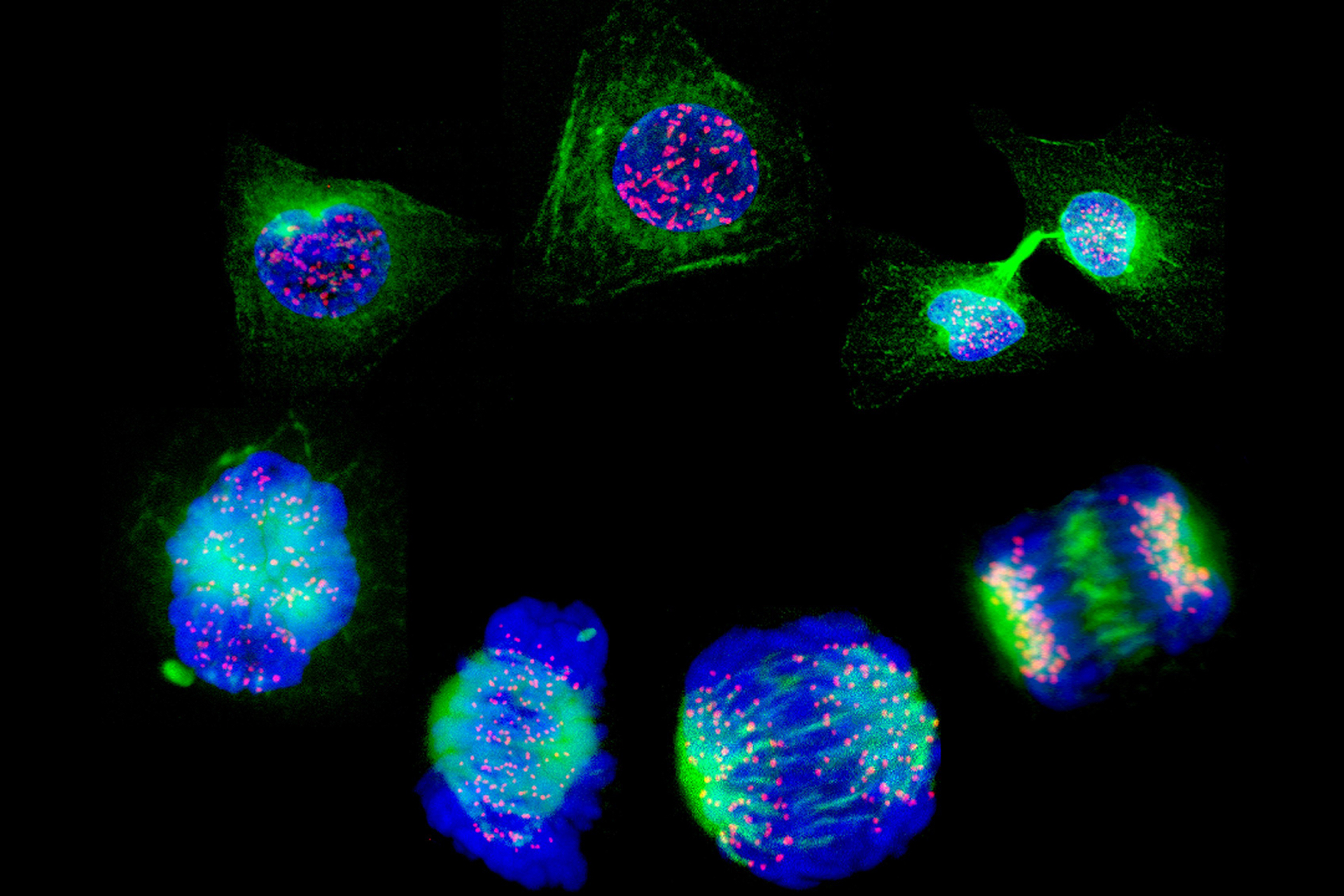A genome-edited pig liver effectively filtered blood in a brain-dead man for three days, showcasing a potential temporary solution for acute liver failure.
The research team at the University of Pennsylvania connected a CRISPR-edited pig liver to a brain-dead man using an external machine with tubes to carry blood. Throughout the 72-hour study period, the liver functioned normally by circulating the patient's blood and producing bile, while the patient's body remained physiologically stable and showed no signs of rejection. The team hope that this procedure will serve as a temporary substitute for a human liver while the patient is waiting for a liver transplant.
'It was amazing to me to see the system working,' said Professor Abraham Shaked, professor of surgery at the University of Pennsylvania, who oversaw the experiment. 'The brain-dead patient was exceptionally stable, and we were very surprised to see that over three days, the pig liver was functioning outside the body and looked pretty good.'
The process involved using a genome-edited pig's liver developed by eGenesis, a biotech company that introduced 69 genome alterations to pigs. These edits removed viruses that exist in the pig's genome that can be transferred to humans, and modified cell-surface proteins to resemble humans', aiming to enhance compatibility.
Previously, the research team used the same process to engineer pigs' kidneys, which demonstrated success in sustaining kidney function in monkeys for two years during lab trials (see BioNews 1211). However, human testing of their organs had not been conducted until this recent procedure.
Last year, a team at the University of Maryland Medical Centre in Baltimore transplanted genome-edited pig hearts into two men (see BioNews 1128 and 1209). Both patients died within two months of the transplant, which was later found to be affected by porcine cytomegalovirus, despite efforts being made to avoid this scenario.
Liver xenotransplantation presents unique challenges due to its multifunctionality compared to hearts or kidneys. The liver's role in filtering toxins and producing diverse biological compounds raises the risk of immune system attacks. Xenotransplanted livers, often recognise the recipient's platelet cells as foreign, potentially causing internal haemorrhaging. The researchers hope that temporary use, instead of permanent transplantation, may offer a solution to these challenges.
'Any time a patient dies while waiting for a transplant, it is a tragedy, and we are always working to develop new ways to extend their lives,' said Professor Shaked. 'The success of the first part of our study is significant for those facing liver failure, offering a glimpse into a future where innovative solutions can bring hope to patients who might otherwise be destined to die while waiting for a transplant.'
The team is currently examining blood and plasma samples obtained from the patient during the procedure. They aim to identify the functions performed by the pig liver and assess if there are any molecular signals indicating the initiation of the human immune system's response to the organ. No results have yet been published in a peer-reviewed journal.
Sources and References
-
Penn medicine achieves first successful external liver perfusion using a porcine liver, pointing to a potential bridge-to-transplant approach
-
CRISPR-edited pig liver from eGenesis passes first test in brain-dead human, researchers say
-
A brain-dead man was attached to a gene-edited pig liver for three days
-
First-of-its-kind procedure uses pig liver to filter human's blood
-
How pigs could help people who need liver transplants





Leave a Reply
You must be logged in to post a comment.